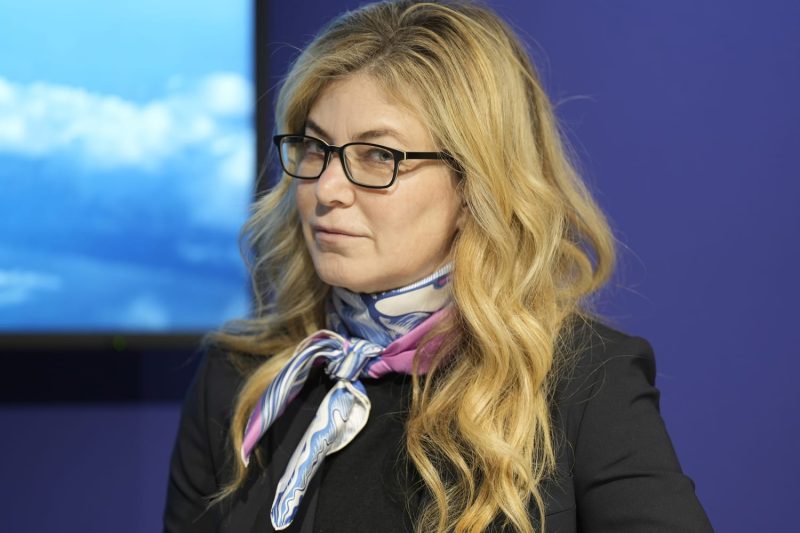Boeing Disappointed Customers But Is On The Path to Transformational Change, CEO Says
1. Root Cause Analysis:
Boeing, a world-renowned aerospace company, has been facing significant challenges in recent years. The company’s reputation has been marred by the tragic crashes of its 737 MAX aircraft, leading to numerous fatalities and a widespread grounding of the planes. In the aftermath of these incidents, Boeing faced intense scrutiny from regulators, customers, and the general public. The root cause of the crashes was identified as a flaw in the aircraft’s automated flight control system, known as the Maneuvering Characteristics Augmentation System (MCAS). This system was designed to prevent stalls, but it ended up contributing to the crashes due to faulty sensor data and inadequate pilot training.
2. Customer Impact:
The crashes had a devastating impact on Boeing’s customers, including airlines that had invested heavily in the 737 MAX. The grounding of the aircraft led to significant disruptions in flight schedules, financial losses, and a loss of confidence in Boeing’s products. Passengers also became wary of flying on the 737 MAX, further exacerbating the situation for airlines. The incidents not only affected the airlines’ operations but also tarnished their reputations as they grappled with the aftermath of the crashes.
3. Boeing’s Response:
In response to the crises, Boeing took swift action to address the issues with the 737 MAX and restore customer trust. The company implemented software updates to fix the MCAS system, enhanced pilot training programs, and worked closely with regulators to ensure the aircraft’s safety. Boeing also engaged with its customers to provide regular updates on the progress of the fixes and listened to their concerns and feedback. These efforts were aimed at demonstrating Boeing’s commitment to safety, transparency, and customer satisfaction.
4. Transformational Change:
Despite the challenges and setbacks, Boeing is on a path to transformational change under the leadership of its CEO. The company has created a dedicated safety organization to oversee and coordinate safety initiatives across Boeing’s business units. This independent entity is responsible for ensuring that safety is prioritized in all aspects of the company’s operations. Boeing has also instituted a new product development process that incorporates lessons learned from the 737 MAX incidents to prevent similar issues in future aircraft programs.
5. Looking Ahead:
As Boeing continues its journey of transformational change, the company remains focused on rebuilding trust with its customers and stakeholders. By prioritizing safety, quality, and transparency, Boeing aims to regain its position as a trusted and reliable aerospace manufacturer. The company’s commitment to learning from past mistakes and implementing robust safety measures bodes well for its future success. Through collaboration with customers, regulators, and industry partners, Boeing is striving to instill a culture of excellence and continuous improvement that will drive its long-term sustainability and competitiveness in the global aerospace market.
In conclusion, Boeing’s acknowledgment of its failures and commitment to transformational change are essential steps towards rebuilding its reputation and restoring customer trust. By prioritizing safety and quality in its operations, Boeing is setting a strong foundation for a brighter future marked by innovation, excellence, and customer satisfaction.
